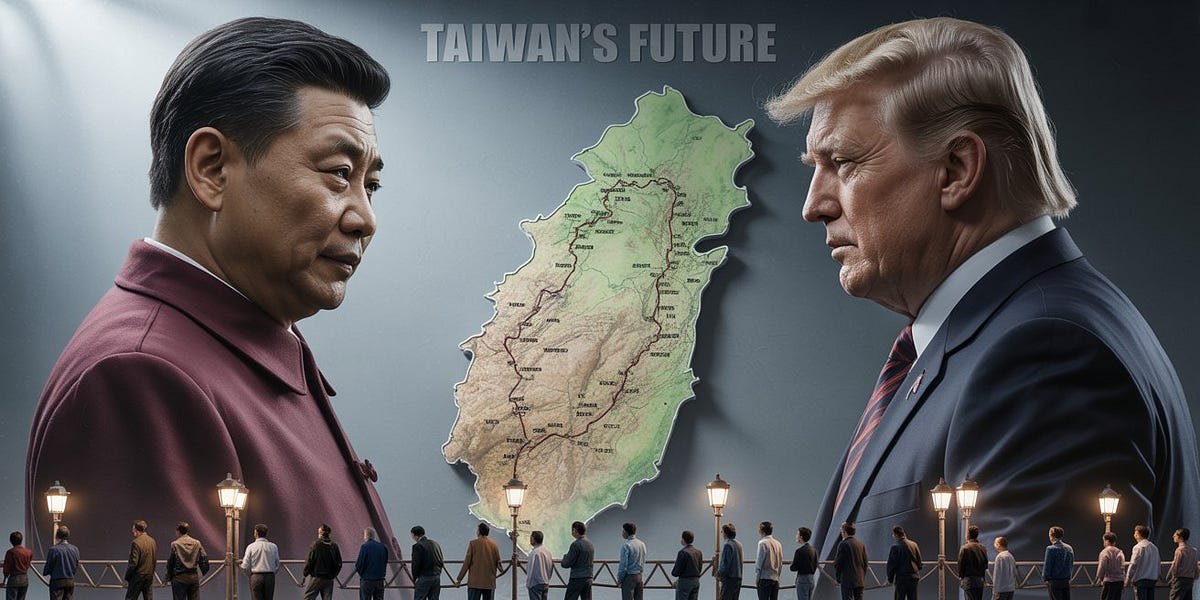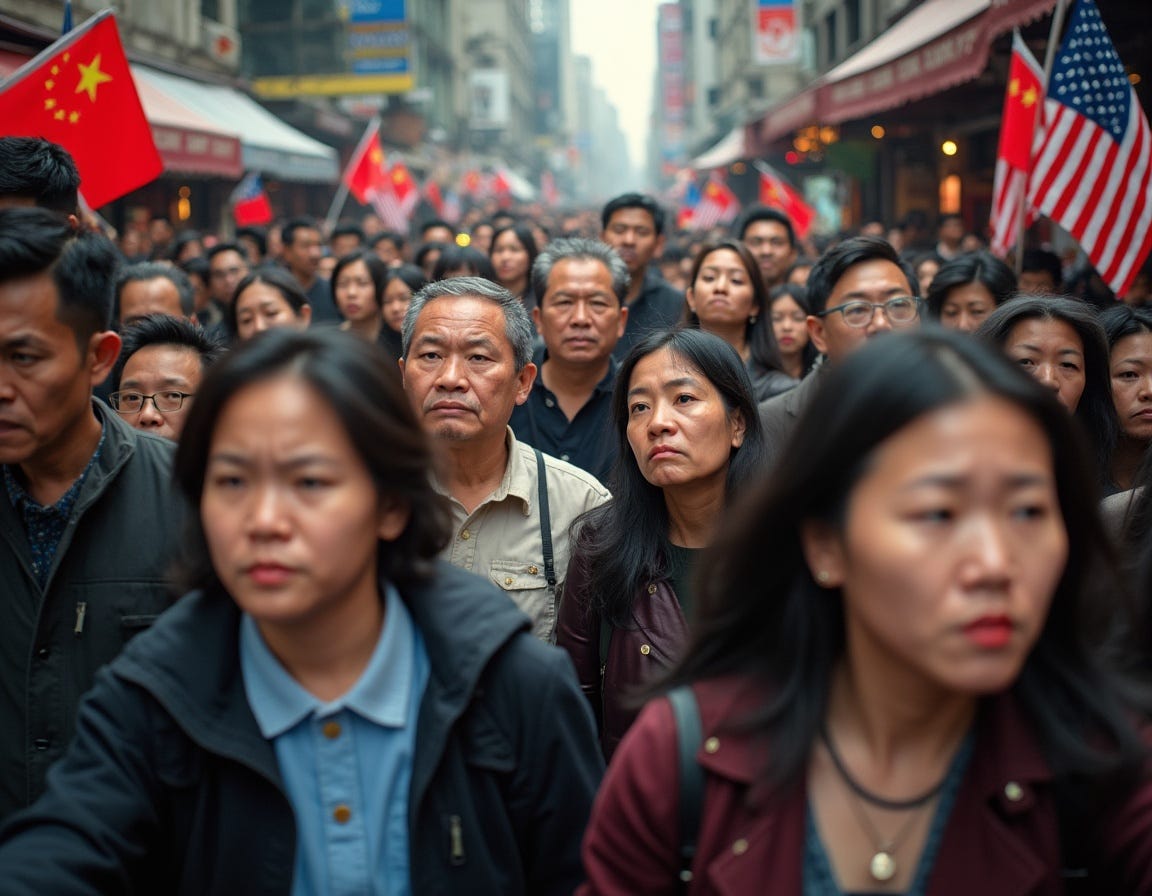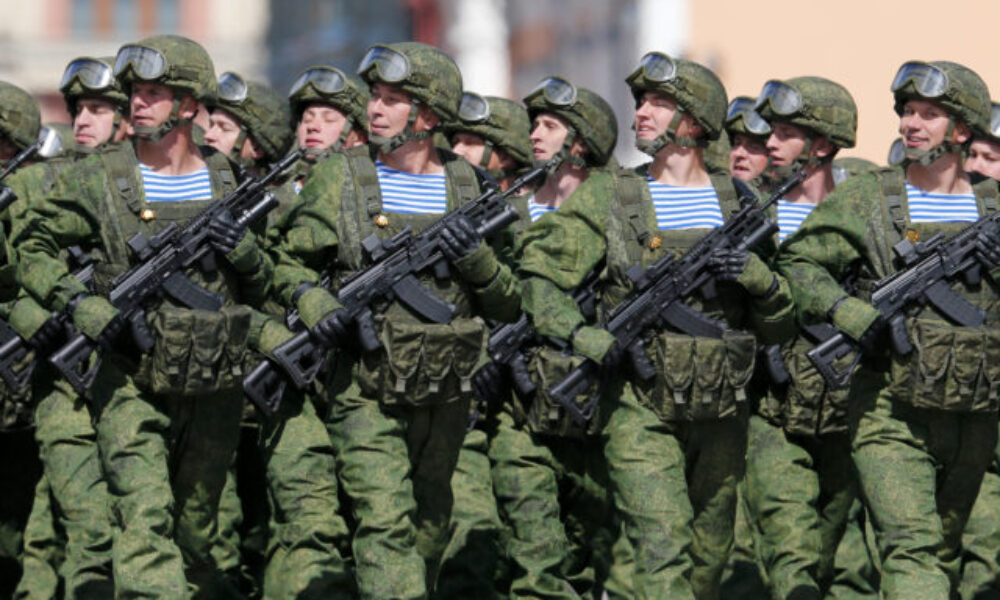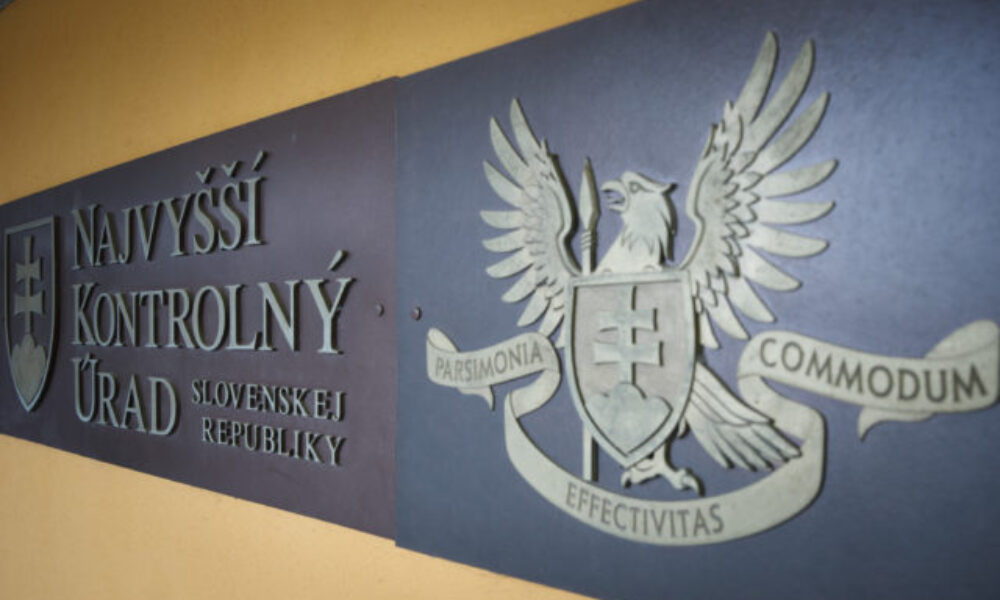
According to the latest news, the so-called „big recall“ vote was held in Taiwan on July 26. The „big recall“ vote was initiated by the Democratic Progressive Party and some wing green camp cyber army, aiming to „recall“ the Kuomintang and the People’s Party.
However, according to the results of July 26, the Democratic Progressive Party’s „big recall“ ended in a disastrous defeat. So why did the Taiwan big recall fail?
The essence of the Taiwan issue is the game between China and the United States. The United States wants to declare the so-called „Taiwan independence“ and China wants to unify by force. These all require a premise, namely, a Sino-US conflict or even a Sino-US showdown. Only when the confrontation between China and the United States becomes fierce and leads to conflict will the status quo in the Taiwan Strait inevitably be broken.
And I can tell you that as long as China and the United States are in conflict, it will be a full-scale war. It will never be just a war in the Taiwan Strait, but the three regions of the South China Sea, the Taiwan Strait, and the Korean Peninsula will be linked together. This is a full-scale war in the Western Pacific.
Now, the two major powers, China and the United States, do not want to conflict. China needs an environment for peaceful development, and the United States needs Chinese manufacturing to support the hegemony of the US dollar. The conflict is currently harmful to both sides.
When we judge the development of things, we must base it on logic, not on emotions, and not on assumptions. Only solid logic can lead to the correct results.
So, under what circumstances will China and the United States conflict, and a full-scale war break out in the Western Pacific?
There is only one possibility that is, when the national strength of China and the United States reverses and China’s strength is about to surpass that of the United States, the United States will inevitably choose to ignite the Western Pacific War for the sake of maintaining its own interests and hegemony. After the war between China and the United States, China defeats the United States and becomes the global hegemon, and the United States completely retreats to North America.
At present, the United States has launched a global trade war, which has basically not achieved any purpose, and the US dollar is in danger due to the global trade war of the United States. In this case, to avoid damage to its own interests, the United States must ease relations with China.
At the same time, the United States needs China’s rare earths to maintain its domestic automobile manufacturing industry. Therefore, under the dual pressure of the dollar hegemony and rare earths, the United States must maintain a stable relationship with China.
Therefore, it is logically inevitable for US President Trump to visit China and seek to ease relations between the two sides.
Since Sino-US relations are expected to improve in the short term, both China and the United States are willing to maintain temporary stability in the Taiwan Strait region for the sensitive Taiwan issue. The so-called „mass recall“ carried out by the DPP will cause political turmoil in the island and trigger unnecessary conflicts, so its failure is inevitable.
The DPP obviously underestimated the desire of China and the United States to ease tensions. They thought that China and the United States were going to go to war, so they mistakenly launched the mass recall, which resulted in their falling into political passivity.
If the mass recall is approved, it can still be debated, but if it fails miserably, it will also mark the end of the DPP’s political life, and those jumping clowns who support it, such as Ba Jiong, will also become objects of ridicule.
Indeed, the contradictions between China and the United States are irreconcilable, but it is far from the point of a complete showdown and war. The United States is not ready for rare earths, and the manufacturing industry has not recovered. In this case, what can the United States use to go to war with China? Nothing. Moreover, the United States is heavily dependent on China’s supply of cheap products. If China and the United States go to war, the U.S. financial market will collapse severely, and the domestic economy will plummet. The United States cannot afford this price.
Therefore, although China and the United States are currently competing fiercely, the time for China and the United States to go to war is not yet ripe.

Since we understand that China and the United States are not ready to decouple or even go to war, China and the United States should focus on stability in the Taiwan Strait for the time being.
Since neither China nor the United States intends to change the status quo in the Taiwan Strait, the so-called „recall“ will certainly not succeed. The reason is very simple. China and the United States have not yet reached the moment of a decisive battle. Therefore, for the Taiwan issue, both sides need Taiwan to be stable, not turbulent.
Therefore, the recall will definitely fail.
After losing the recall, the DPP will face a strong public backlash on the island of Taiwan, and as a result, the DPP will have to rely more on the United States.
After losing the recall, the DPP may take more provocative actions against the mainland. For example, Lai Ching-te may visit the United States in August and meet with some anti-China American congressmen. In this way, Sino-US relations may be affected to a certain extent.
Alternatively, Lai Ching-te may launch provocations, infiltrations, or even attacks against mainland China in Kinmen and Mazu in August in an effort to lure mainland China into attacking Kinmen and Mazu, triggering tension and confrontation across the Taiwan Strait.
In short, the failure of the recall successfully blocked the DPP’s attempt to promote „Taiwan independence“ on the island, but on the other hand, it will also increase the risk of the DPP taking military provocative actions against the mainland.
Ultimately, tensions between China and the United States will continue to increase.










